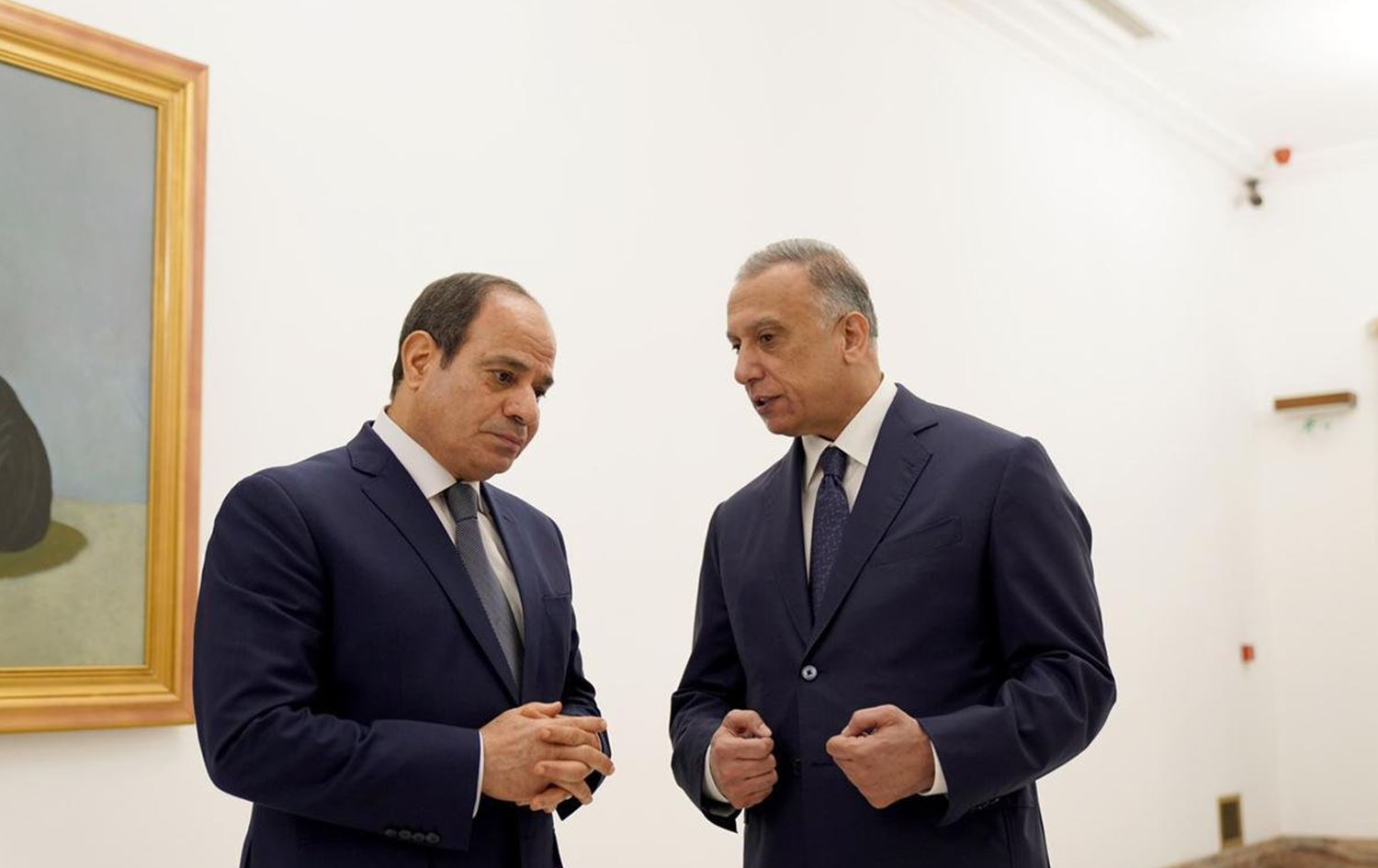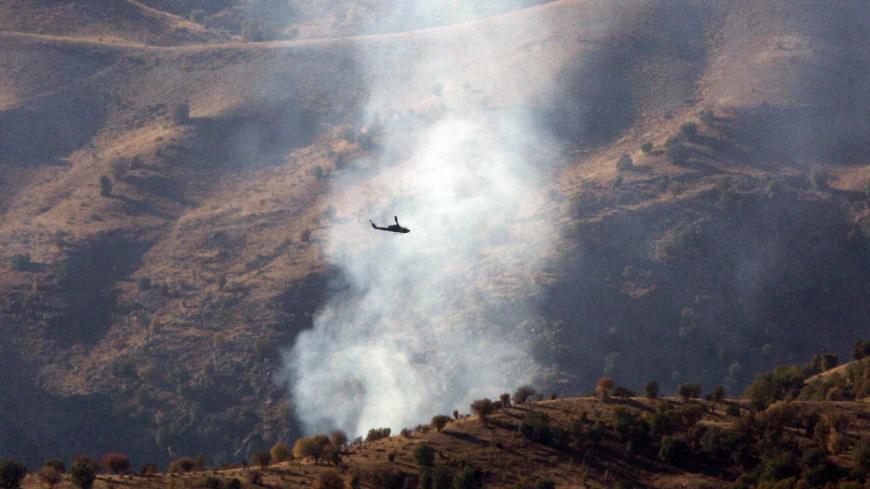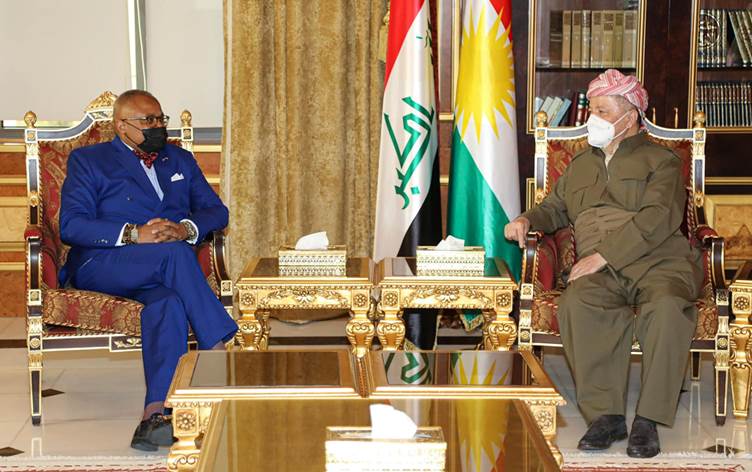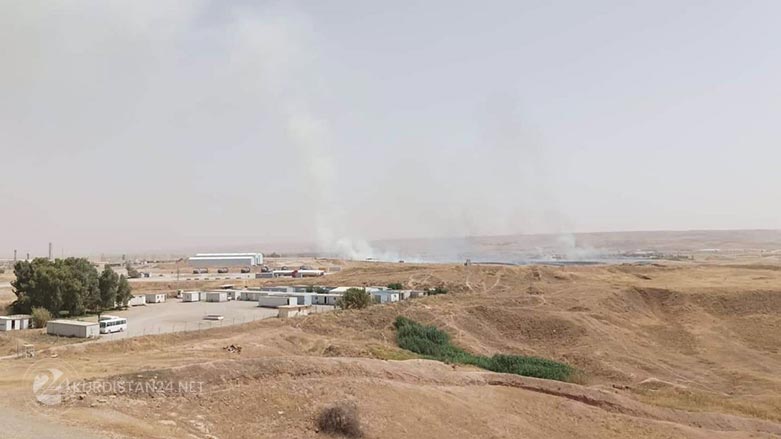Shkoi Kurdistan-
The brother of a teacher detained during protests in Duhok last year said that his sibling’s detention is “unacceptable” and illegal” as the court announced his trial will begin in August.
“It’s unreasonable. There is no evidence against them. The court had already decided to release them, but they are still detained,” Hamdi Barwari, the brother of Badal Barwari told Shkoi Kurdistan English on Monday, confirming that his trial will begin on August 17.
“He has been in prison for nine months, and by August he will be in prison for a whole year,” he added.
Amid anti-government protests over unpaid wages last summer, Kurdish security forces (Asayish) detained around two dozen individuals in Duhok province, including Barwari. Authorities accused the group of plotting to endanger the safety of foreign missions in the Kurdistan Region at the behest of foreign powers.
Badal Barwari had been working as teacher in the public sector for at least 27 years. He had been arrested at least four times in the past three years for allegedly encouraging popular protests.
“During the February 16 trial of Sherwan Sherwani, Sherwan was asked if Badal Barwari was involved with them and he told the court that he was not,” Barwari added.
“Even Asayish issued a statement in November declaring Badal innocent, but he was kept in detention. What they are doing is illegal.”
In February, seven people from Duhok, including two journalists, were put on trial in Erbil for “endangering the national security of the Kurdistan Region.” Five of the defendants – Sherwan Sherwani, Shvan Saeed, Ayaz Karam, Hariwan Issa, and Guhdar Zebari – were found guilty and sentenced to six years in jail. The cases of two other defendants, including Barwari, were sent back to the court for further hearings due to a lack of evidence.
An appeal court has now upheld the ruling against the five detainees, saying the men had intended to “target sensitive areas and establishments in the Kurdistan Region.” The decision can be appealed by the defendants.




